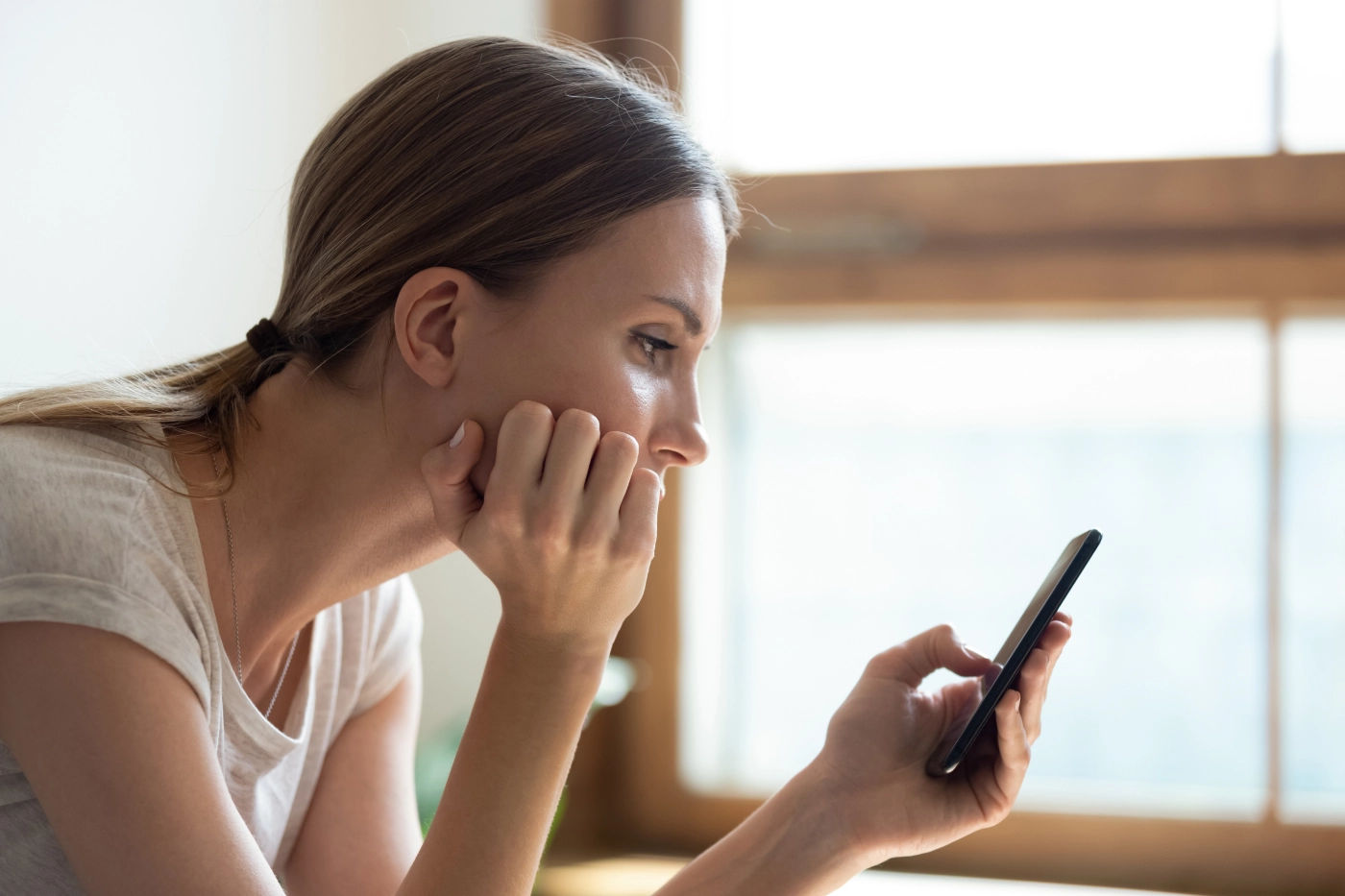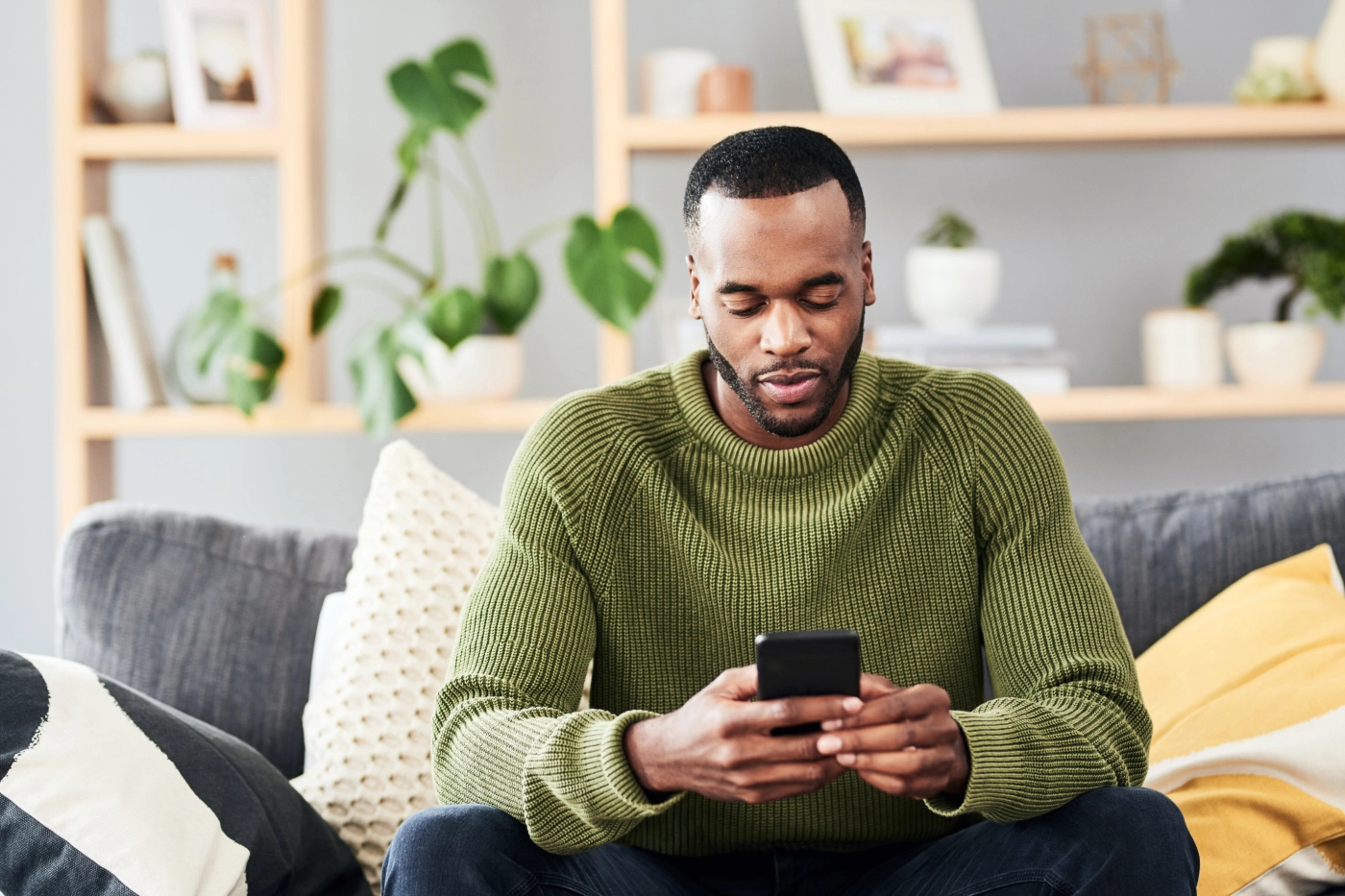There is a lot that remains unknown during the current coronavirus outbreak, and it is normal to feel worried. We’re seeing people constantly try to separate facts from fears, and understand which precautions are vital for their health and family. The current recommendation to practice “social distancing” is an effort to reduce close contact between people and prevent the spread of infection. It’s important to acknowledge that this can impact our mental health as we pause some of our normal day-to-day activities we have at work, school, the gym or social gatherings.
Tips for coping with social distancing:
- Be prepared for social distancing by having a plan for work, childcare and ensuring that your house has everything you need including food and medications.
- Maintain your daily structure as much as possible, and focus on the things that you do have control over such as your sleep schedule and ability to display kindness and generosity towards others.
- Limit the amount of time watching or reading media coverage, especially if it causes you to worry; excessive and repeated exposure can worsen anxiety and trauma symptoms.
- Make time for self care: eat healthy and well balanced meals, exercise regularly, meditate or use deep breathing, stay hydrated, and avoid excessive alcohol.
- Be physically distant, but not emotionally distant. Try to stay connected with others as much as possible. During social distancing this can look like phone calls, texts, email, skype, writing letters, or joining a virtual book club.
- Regularly check on your mental health. It’s normal to feel stress responses to the current situation, but note if it begins to interfere with your daily life. If so, you may want to seek additional support.
- Use a virtual care platform to see a medical or mental health professional about your health concerns.
- Remember that social distancing is a temporary action and is not permanent.
It’s important to remember that the purpose of social distancing is to stay healthy during this outbreak. If you begin to feel it is negatively impacting your mental health, consider focusing on these tips or reaching out to a mental health professional via telemedicine. At Doctor On Demand, our licensed therapists and psychiatrists are available 7 days a week for video visits.
About the author

Dr. Nikole Benders-Hadi is a board-certified adult psychiatrist who passionately believes access to mental health treatment should be available to everyone. She completed her undergraduate education at Johns Hopkins University, followed by medical school and residency training at New York University School of Medicine. She then completed a fellowship in Public Psychiatry at Columbia University. She has also done research on women’s mental health issues. Her approach to treatment is patient-centered and recovery-focused, dedicated to reducing mental health stigma and providing treatments that help patients maintain the quality of life they deserve.



